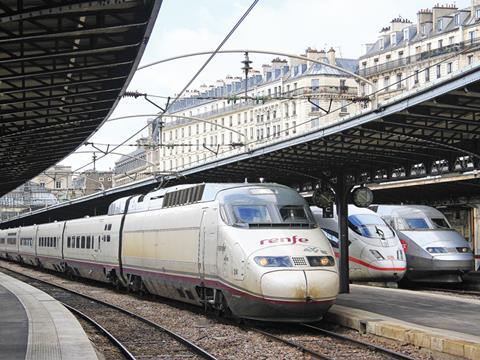
EUROPE: Meeting in Brussels on December 17, the Transport & Tourism Committee of the European Parliament voted on a series of amendments to the six legislative proposals in the European Commission’s Fourth Railway Package. This paves the way for the amended package to be put to a plenary session of the parliament for a first reading early in 2014.
Addressing the controversial topic of ‘unbundling’ state-owned holding groups to ensure greater separation between train operators and infrastructure managers, the committee endorsed a compromise proposal drawn up by Belgian rapporteur Said el Khadraoui from the socialist S&D group.
This endorses the Commission’s proposal for a complete transparency of the financial flows within integrated groups and strict separation between the finances of the infrastructure and train operating businesses. However, the committee has backed a less strict approach to the movement of senior executives between the holding company and its subsidiaries, and would not insist on each business having a separate IT system.
The three legislative proposals in the so-called 'technical pillar’ were adopted with no real surprises. The committee favours a four-year transition of responsibility for operator licensing and vehicle authorisation to the European Railway Agency for all cross-border operations, as against five years in the compromise adopted by the Council of Ministers. Companies that run purely domestic services would have a choice between applying to ERA or to their local National Safety Authority.
The committee gave a clear signal that it wanted to see the whole package go forward together, as favoured by the Commission, and mandated the rapporteurs to open negotiations with the Council of Ministers. However, given that the transport ministers have only considered the three technical proposals so far, it is seen as likely that the package may be split after the plenary first reading. This would see the technical pillar enacted as soon as possible, while leaving the political part for further consideration following the European parliamentary elections in May 2014.

















